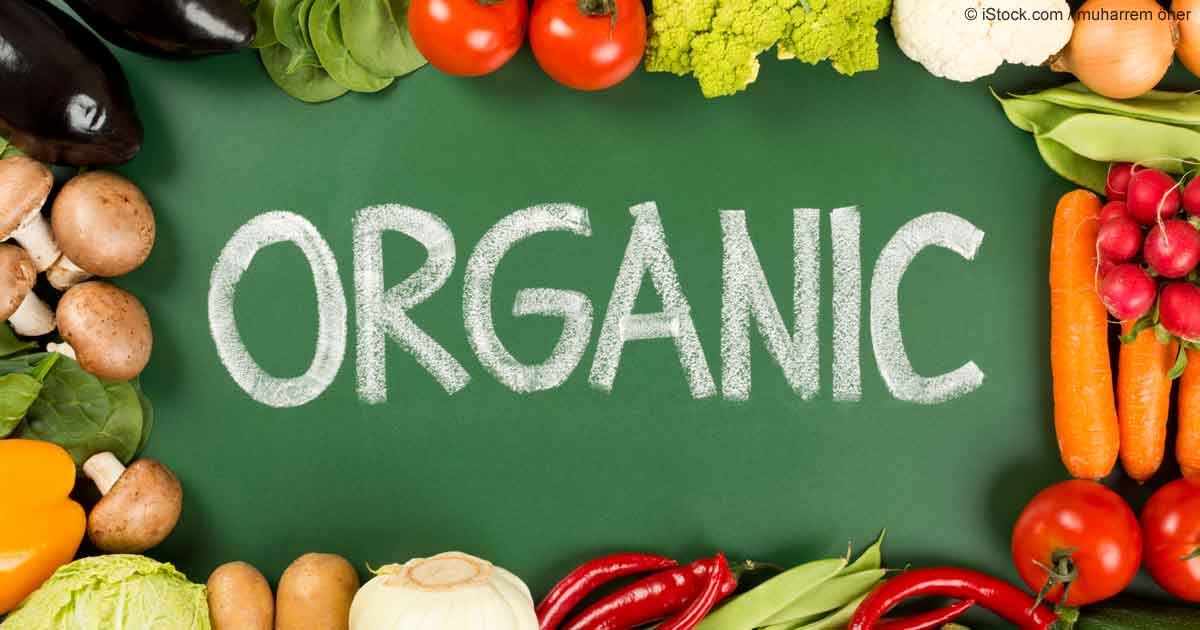cook well-eat well-live well
why green, why organic?
"It is vitally important that we can continue to say.
with absolute conviction, that organic farming
delivers the highest quality, best-tasting food,
produced without artificial chemicals or genetic
modification. and with respect for animal welfare and
the environment, while helping to maintain the
landscape and rural communities."-Prince Charles
Never have the topicS of green, organic, and sustainable
agriculture been more popular in the modern Wester world
than they are now. With the realities of global warming and
the stark depletion of the earth's resources, such as water,
coal, oil, and natural gas, people are beginning to realize that
we must make a change; our planet's survival depends on it.
We must not only educate ourselves about what it means to
live sustainably, but also expand our awareness of the
consequences of our current course. Consider, for instance,
that almost every other species would benefi from the
extinction of ours. Can we humans release ourselves from our
narcissistic assumption that we are more important than all
other life forms, so that we might see ourselves as one species
among many? Ought we not to at least try to exchange some
of our control over nature and recognize our interdependence
with it?
Don't worry, I'm not going tojump up on an (organic)
apple crate and go off on some kind of eco-maniacal rant.
None of us responds well to lectures, however well intended
they may be. But it seems rather obvious that so many of us
have lost our connection to the food we put into our bodies.
Many of us are unaware of where it comes from and how it is
grown and processed before it even reaches us. This
disconnect is a symptom of our more fundamental separation
These days our food and everything else we buy isjust
one click away. Sometimes I catch myself looking at my
daughter, wondering what kind of world she will inherit and
how she will relate to it. She is four years old and already
perceives a cell phone as an integral part of her everyday life experience, merely because her parents give it so much
attention. Does she think trees are as important? Or insects?
For that reason and others, we spend time with her in the
garden observing the bees, planting herbs, or watching a
spider. She helps make dinner sometimes and we ask her to
take the kitchen scraps to the composter so that she'll
recognize some part of the cycle of life. I have high hopes
and aspirations for her, but more than anything I would like
for her to have respect for Mother Earth and her many gifts.
I would love to snap my fingers and magically find
myself on an organic farm, growing my own fruits and
vegetables and raising my chickens for eggs, and then snap
my fingers again and be back in the city fulfilling my
responsibilities here. Perhaps one day finding the best of both
worlds will not entail magic and teleportation. In the
meantime, I can make micro changes to my city life that I
know will help improve the environment. I do the obvious
green things, like recycling, buying locally grown and
seasonal foods from local farmers' markets, composting,
turning offlights in empty rooms, using cloth bags when I
shop. and growing an organic herb garden. But the question I
ask every day is, �What is one more small thing I can do in
order to make a bigger difference?" I've learned that it need
not be drastic. Every step, I believe, matters.
I am oft en asked, �How do I make the switch, it seems so
intimidating?" or �Does organic realy make a difference to
my family's health?" and "Does my lifestyle really affect the
environment?" You may be asking yourself these very
questions right now. This book will provide some answers to
those questions and at the very least, help you take a step in
the right direction.
Going green and organic is easier than you think; it's
about taking small steps that are manageable for you and fit
into your everyday life. And, undoubtedly, green and organic
habits go hand-in-hand; you really can't have one without the
other. If one is making the conscious choice to eat organic
food. one is making a green choice. If you choose to drive a
greener car, you will probably find it rather difficult to drive
that hybrid while continuing to eat foods that are laden with
chemicals and strain natural resources.
"Green," "organic," and "sustainable" are now part of our
everyday lexicon, and it's only a matter of time before they
describe the way we all live. Being green is not just for
hippies and New Agers, and going organic is no longer only
for the privileged. Before the invention of refrigerated freight
cars and cargo holds, everyone ate organic locally grown
food. Let's do our best to get back to that way of life.
The kitchen is a great place to start. It is the hub of our
homes, where the action takes place. It is where most
products enter our homes, and where the largest amounts of
waste leave them. Let the kitchen be the springboard for this
green and organic path we will be following in this book, one
step at a time.
Contents
- introduction: why green, why organic?
- chapter 1 greening your kitchen
- chapter 2 starters
- chapter 3 soups page
- chapter 4 salads
- chapter 5 main dishes
- chapter 6 side dishes
- chapter 7 desserts and sweets
- menu suggestions
- organic califoria wines




Comments
Post a Comment